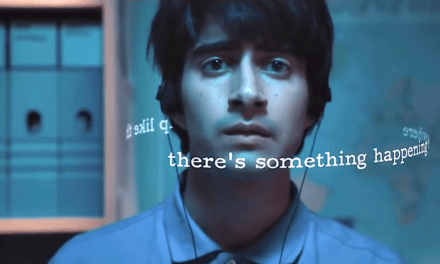Intersectionality as a concept was born at the end of the 1980s, and has proven influential ever since as a method for analysing film and media productions as well as in the fields of critical race and disability studies, feminist theory and transnational studies. In the words of Kimberlé Crenshaw in 2017, ‘Intersectionality is a lens through which you can see where power comes and collides, where it interlocks and intersects’.
The 7th annual BAFTSS conference, to be held at the University of Birmingham on 25, 26 and 27 April 2019, will be concerned with intersecting identities in all their forms (racial, sexual, national and transnational, cultural, political and gendered/generic). It will provide an opportunity to debate how the study of identities has developed since the early decades of screen studies, where it is now, and how the discipline should take it forward.
Conference highlights include:
- The presentation of the BAFTSS Outstanding Achievement Award to Pam Cook (Professor Emerita, Southampton).
- Confirmed Plenary Speaker, Prof Rosalind Galt (Kings College London)
- Poster Competition for Postgraduates (with a cash prize, winner decided by delegates in a secret vote!).
- Dedicated skills/careers event for PhD students.
- BAFTSS Annual General Meeting.
- BAFTSS Special Interest Group meetings.
We invite individual papers or panels consisting of three papers, in English, on all aspects of this broad theme:
- intersectionality as a concept
- intersecting identities in film narratives
- identity politics in industrial contexts
- intersectionality and authorship
- intersections of race and sex/sexuality
- intersections of sex/sexuality and nation
- intersections of race and nation
Forms for individual proposals and panels can be downloaded here:
Completed proposal forms should be sent to baftssconference@gmail.com by Friday 14 December 2018. You will be notified whether your proposal has been accepted in January 2019.
The conference fee will be £160 (£80 unwaged) for 3 days or £110 (£55 unwaged) for 2 days (Thurs/Fri or Fri/Sat). Instructions on how to register will follow early in 2019.
A number of bursaries of up to £50 towards travel costs will be available to registered PhD students whose papers or posters are accepted. Information about how to apply for one of these bursaries will follow when we notify you that your submission has been accepted.





